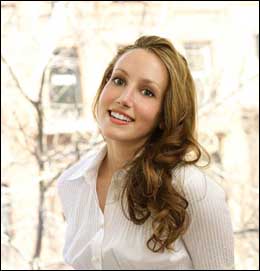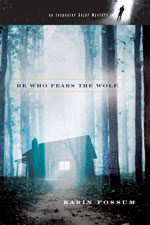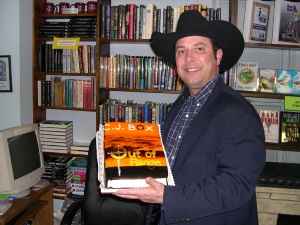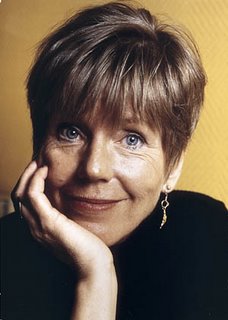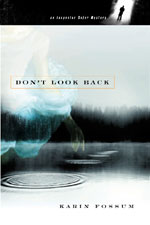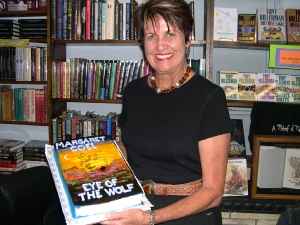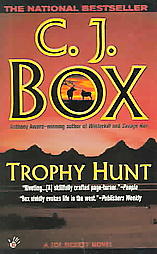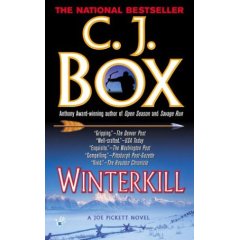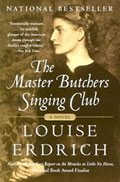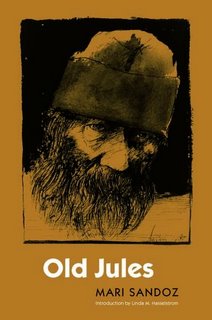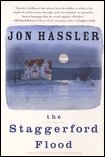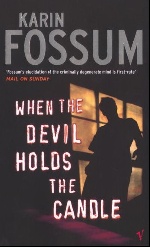
I expect people who write successful series of mysteries to establish a pattern and pretty much stick with it. Fossum does some of that. All three of these books are set in or near a small city outside of Oslo. Most of her books are written from a first person person perspective. Inspector Konrad Sejer and his young assistant Jacob Skarre are characters.
But, Sejer and Skarre have grown and changed over the course of the three books I've read. Sejer has changed enough that I wonder if there was a book between this one and the previous one that wasn't translated or perhaps wasn't written.
What sets When the Devil Holds the Candle apart from the earlier books (and from most mysteries) is an almost philosophical consideration of evil, wrongdoing, wrongdoers, and victims that goes beyond anything of Fossum's I've read before.
I say almost philosophical because it's really more of a description of how thin the lines between victimizer and victim are sometimes. And there's a big question raised about the difference between being responsible and being a witness. The stories in the book also ask questions about trust, about betrayal, and about social norms. But the book doesn't offer answers. Not even the characters in the story offer answers. Any answers have to come from readers.
Most of the book is told by a very disturbed woman, who it seems, has good reasons to be unhinged. Once again, Fossum presents mental illness through the words of the sick person. Once again, it's frightening. The illness in this book is more understandable than the schizophrenia she presented in He Who Fears the Wolf, but it's still powerful. There are other stories, told by other people that support the central one. Most of them raise subsidiary questions.
All the stories are well-told. I read this over Christmas weekend in fits and starts, but every time I had to put the book down, I was unhappy with the interruption, even when it meant being part of the family observances and meals. There was enough foreboding to make me believe that the next bit of the story was likely to be dark, but I wanted to know what was going to happen.
When I finished reading it late on Christmas day, I let out a big sigh. The dark story was over. I was glad it was only a story in a book. I'm less scared of the nasty imaginary demons of frightful books and movies than 60-year-old Irma Funder of Prins Oscars Gate 17 in Karin Fossum's Norway. Or perhaps Irma's son.
- The US paperback edition won't be out until June '07. (The one I read was the UK edition from the Owatonna, Minnesota library.) Here's a link to the publisher's web site.
- A review from BookLoons that pretty much agrees with mine.
- A review from NightsAndWeekends that disagrees with mine.

